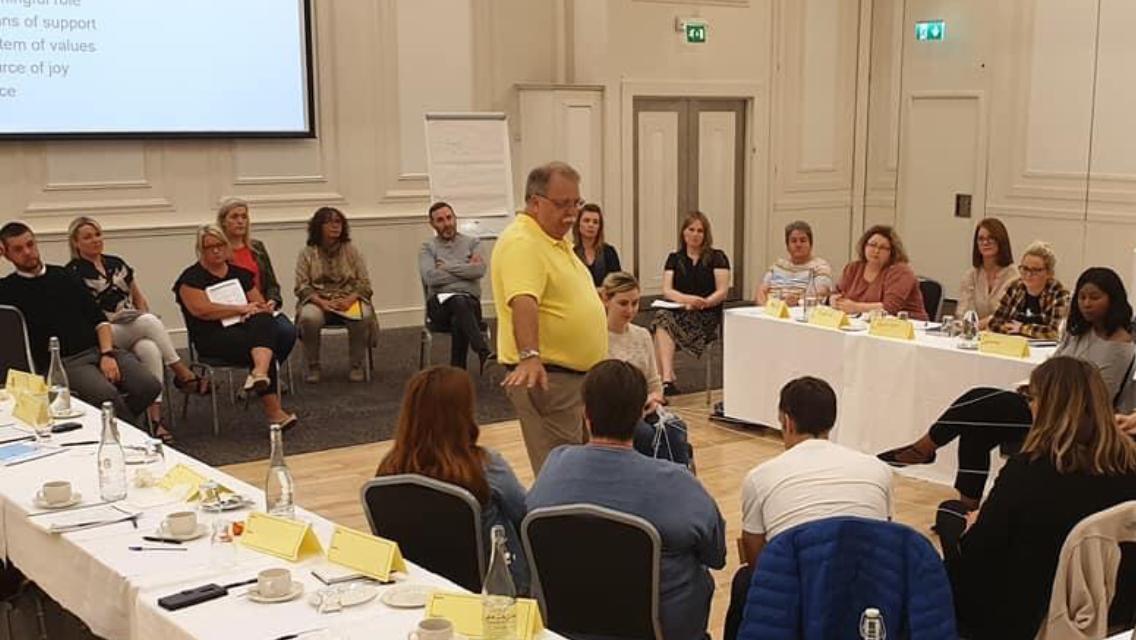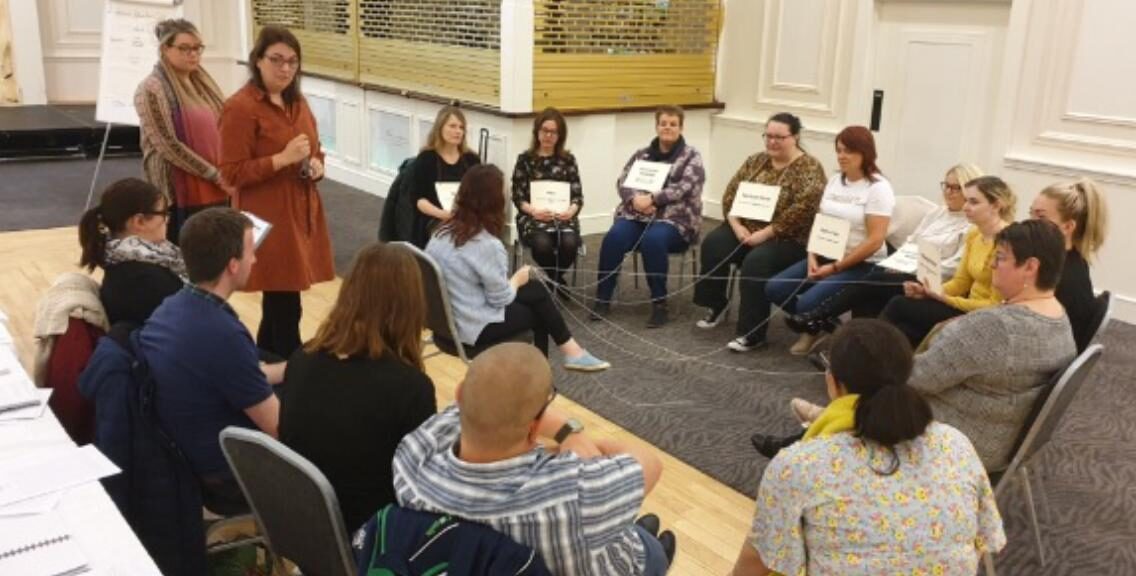Cornell University’s CARE programme at Ashdale Care

Collaborating with Cornell University’s renowned CARE programme allows us to furnish our staff with the highest-quality tools in order to deliver the best for our young people.

Ashdale Care uses therapeutic residential care to help children who have suffered trauma and attachment issues. There’s a number of different therapies used within the organisation, including art psychotherapy, occupational therapy, sensory integration and outdoor pursuits.
However, one thing that really sets us apart from other providers is our collaboration with Cornell University in the US. The Ashdale Care system of therapeutic care is linked with Cornell’s CARE Model.
All of our care staff receive training in the CARE model. This not only helps them to deliver therapeutic practices to our young people, but at its core the CARE programme recognises the need for an organisation-wide acknowledgement of the importance of trauma and attachment informed and reflective practice in residential care.
It also offers our care practitioners additional training and resources, which they would not be able to access with other care providers.
The CARE programme requires a four-year commitment between Ashdale Care as the care provider and Cornell, as the programme leaders. It’s not just the home staff who must be on board – our commitment comes from all levels, including staff, supervisors, managers, and administrators.
If you are not familiar with the CARE Model, there are six key principles within it:
- developmentally focused
- family involved
- relationship based
- competence centered
- trauma informed
- ecologically oriented
Putting these principles at the core of what we do gives us the best chance of working in the best interests of children throughout all levels of our residential care organisation.
‘When we plant a lettuce and it doesn’t grow, we don’t blame the lettuce’
The aim of the CARE programme is to create a ‘therapeutic milieu where children can heal and thrive’. The programme leaders believe that if organisations such as Ashdale Care implement evidence-based program models that guide all adult-child interactions, this allows children to safely engage with trusted adults and in turn feel safe enough to successfully practise their self-regulation and interpersonal skills.
Dealing with pain
The CARE model takes into account children’s emotional pain when managing behaviour, and places an emphasis on the bond between their caregivers and the young person. For example, if a child fell off a scooter and hurt themselves and then cried and kicked the scooter with frustration, you wouldn’t punish them by taking the scooter away. You would recognise the pain they are feeling and acknowledge how that drove the behaviour.
This is at the core of the CARE model. The young people we look after have experienced trauma, so their emotional pain must be taken into account.
The researchers for the programme wrote: “No child should be punished for behaviour that is a result of pain – either physical or emotional. That is inflicting pain on top of the pain they already feel, which only increases the damage.” [An Evidence-Based Program Model for Facilitating Therapeutic Responses to Pain-Based Behaviour in Residential Care,” published in the International Journal of Child, Youth and Family Studies.]
They added: “The ability to deal with children’s psycho-emotional pain without inflicting additional painful experiences on them is one of the biggest challenges for caregivers and therapeutic residential care.’’
The CARE model has been developed by researching existing studies about the effect trauma has on young people, and the strategies that have been shown to be effective. It helps the young people learn how to respond in different ways when they are afraid and angry – rather than hitting out or damaging their surroundings.
A four-year study of the CARE model in North Carolina showed that there were drops of between 3% and 5% per month in incidents of aggression toward staff, destruction of property and running away. The young people’s perceptions of the quality of their relationships with caregivers also improved.
‘Every child needs at least one person who is really crazy about them’
The success of the programme should be evident through:
- Decreases in behavioural incidents
- Improved quality of relationships between children and staff
- Decreases in the use of psychotropic medicine
- Decreases in the use of physical restraints
Find out more about the CARE programme HERE